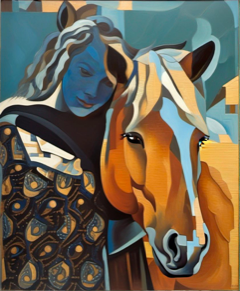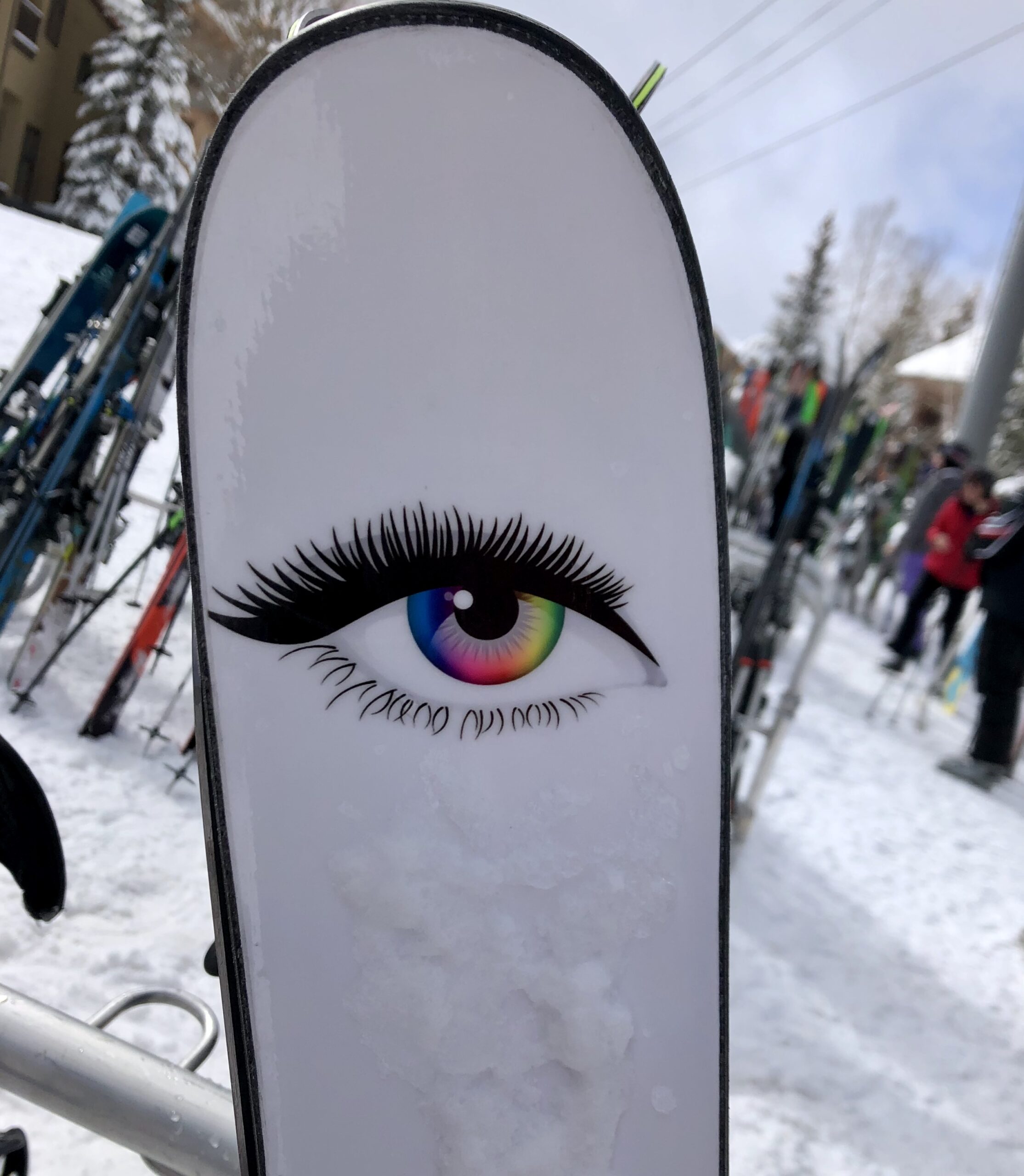The study of social intelligence tells us we are empaths, all of us. Our brains are biologically wired to sense the experiences and feelings of others. Daniel Goldman’s book, Social Intelligence, The Revolutionary New Science of Human Relationships, uncovers how this empathetic link helps us to understand someone through a sense of feeling. New discoveries prove just how much relationships shape us and the significance of mindfulness. Because the pattern of another’s micro expressions can literally nurture us or poison us with bad feelings and poor health, masking is really quite revealing.
Traveling in the covid-19 crisis, I saw some people not masked-up. The journey from the Rocky Mountains of Colorado to the shores of Australia was unnerving and thought provoking at best. As a seasoned yoga teacher and a fan of social intelligence my observations were adding up: Social intelligence + mindfulness = wearing a mask. The insanity of the pandemic is turning worlds upside-down, I get it. But humans are rich in caring and the goods are built in.
Social Intelligence
Neuroscience discovered that our brain’s design is more social than we thought. Despite the attitudes of one’s right to infect or get infected, social intelligence draws insight as to how empathetic resonance works. Our nervous systems are constructed to be captured by the nervous systems of others. This loop that draws us together is not simply through conceptual reasoning, but on a cellular level. Our brains are neurologically hardwired to the mutual dance of feelings. Not so much with the anti-mask contingency, why?
Empathy
Empathy is strongest to the degree that we take the time to pay attention. Of course, people differ in their ability, willingness and interest in paying attention and it’s further hindered by getting caught up in one’s own thoughts. That restlessness cancels empathy and obscures the unspoken neurological loop. Falling into a self-absorbed state shuts out the compelling existence of those around us. Anxiety also kills empathy and hijacks mindful space, so not only is there inattentiveness, but a downward spiral of negative bias. As a result, just as we can spread a virus, we spread emotional funk. Since we are designed to build emotional connections that induce optimal states in others, instead of pointing a finger let’s talk about mindfulness.
Mindfulness
Yoga’s principles of mindfulness involves conscious awareness, and regulating the unquiet mind. Documented about 4000 years ago, the sage Patanjali stated in his first book, Samadhi Pada, that the more attentive we are, the subtler aspects of ourselves and others are more apparent. Removing the clutter of incessant mind-talk and self-absorption cultivates empathy, the gateway to rapport.
Rapport
Rapport is the harmonious glow of being simpatico with someone. Genuine feeling is not only stabilizing, but a renewing source of energy. Rapport is healthy and entails three elements:
- mutual attention
- shared positive feelings
- nonverbal synchronicity
Shared attention is the first essential ingredient that acts like glue called empathetic resonance. Since attention by itself is not enough for rapport, it must be accompanied by a positive tone and better yet, sense of humor. Lastly, nonverbal synchronicity coordinates the subtle channels and timing of a conversation.
Navigating the currents of rapport is subtle. Inherently, our biological processes love the rhythm of good timing and in truth, we can stop talking; but we never stop sending signals.
Our strongest relationships nourish us with profound impact. They can also act like a slow poison blurring our senses. In fact, our brains play a much larger part in the foundation of well-being for others as well as ourselves. The psychometrics of our humanity speaks to the stranger wearing a mask.
Empathy has three distinct senses: “I notice you, I feel you and so I act to help you.” The synaptic shorthand of two brains within the vast tracts of neural architecture is coupled with the neural networks of perception. Lacking mindfulness, we fail as empaths.
We are wired to notice, feel, and help one another so please stop the insanity and do the math. Wear a mask, wash your hands, don’t touch your face. Get tested if you have any symptoms. We’re all in this together. Peace.
References:
Goldman, D. (2007). Social Intelligence The Revolutionary New Science of Human Relationships. Bantam Books, Ramdom House. New York.
Marci, C., el. al. (2007). Autonomic and Prefrontal Cortex Responses to Autobiographical Recall of Emotions.volume 7, pages 243–250(2007). Springer Nature Switzerland AG.
Stern, D. (2013). Vitality Affects in Daniel Stern’s Thinking. A Psychological and Neurological Perspective. (Capturing Others Intensions and Intersubjective Experiences of Vitality) National Institute of Health. HHS Pubic Access.Published online 2013 Aug 29 doi: 10.1002/imhj.21405
White, G. (2014). The Yoga Sutra of Patanjali: A Biography. Princeton University Press. NJ. https://www.jstor.org/stable/j.ctt6wq06f





